Tech stocks update: Apple, Nvidia prices rise despite confusion over smartphone tariff exemptions
It’s been another chaotic weekend when it comes to President Trump’s tariff trade war. On Friday, it was announced that electronic devices like smartphones and computers would be exempt from the looming tariffs of up to 145%—music tech investors’ ears. But by Sunday, the president had said that any exemptions would be short-lived. Despite this tariff exemption whiplash, the Magnificent Seven tech stocks of Alphabet, Amazon, Apple, Meta, Microsoft, Nvidia, and Tesla are all currently up in premarket trading this morning—the first trading session after the tariff exemptions were initially announced. Here’s what you need to know. Tariff exemption whiplash Since President Trump announced sweeping tariffs on nearly every country in the world on April 2, the stock markets have been hammered. But perhaps even worse than the tariffs’ effect on the markets has been the messaging around the tariffs. At various times over the past two weeks, administration officials have stated that the tariffs are both open to negotiation and permanent. And now the messaging over tariff exemptions is equally as confusing. On Saturday, Bloomberg was the first to report that the U.S. Customs and Border Protection, which is charged with managing tariffs on imported goods, had posted a bulletin day earlier, on April 11, that the Trump administration had declared tariff exemptions on certain electronic devices. These exemptions meant that many popular consumer items—and items that are also critical to the supply chains of America’s Big Tech companies—would not be hit with staggering 145% tariffs if being imported from China (and lower, but still high tariffs from other nations). The bulletin said there were now exemptions on smartphones, computers, tablets, and even smartwatches, among other electronic items. This news was particularly welcome to Apple’s investors, as the company sources many of its iPhones, MacBooks, and Apple Watches from China. But this relief surrounding the tariff exemptions was short-lived. That’s because, on Sunday, April 13, Trump officials and President Trump himself stated that the just-published exemptions weren’t actually permanent. Policy confusion continues As noted by CNN, Trump’s commerce secretary, Howard Lutnick, told ABC News on Sunday morning that “(Electronics are) exempt from the reciprocal tariffs, but they’re included in the semiconductor tariffs, which are coming in probably a month or two.” In other words, Lutnick seemed to confirm that smartphones and laptops are indeed exempt from the existing reciprocal tariffs. However, he further implied that, in a few months, the Trump administration will be rolling out another new type of tariff to cover items with semiconductors (computer chips) inside. That would mean smartphones and laptops will be hit with tariffs then. Lutnick also said that upcoming tariffs targeting products that are key to national security, which likely include semiconductor products, are “not available for negotiation.” President Trump also chimed in on Sunday on Truth Social, announcing that “NOBODY is getting ‘off the hook’ for the unfair Trade Balances, and Non Monetary Tariff Barriers, that other Countries have used against us, especially not China which, by far, treats us the worst!” Trump went on to claim that “There was no Tariff ‘exception’ announced on Friday.” He said that the reportedly previously announced exempted products like smartphones and laptops were still subject to an existing 20% fentanyl tariff “and they are just moving to a different Tariff ‘bucket.’” “The Fake News knows this, but refuses to report it,” the president continued. “We are taking a look at Semiconductors and the WHOLE ELECTRONICS SUPPLY CHAIN in the upcoming National Security Tariff Investigations.” Big tech stocks react in Monday trading While Apple would undoubtedly be the biggest winner from any electronics exemptions in the tariffs on China, nearly every major tech company would benefit as well. Even if they do not sell physical hardware products, they rely on servers and other electronics to keep their software services running. So it’s no wonder that, what the Trump administration says is now just a temporary pause, is still being met with a positive reaction in the markets when it comes to the stock prices of the Magnificent Seven. Here’s how Mag Seven stocks are reacting at the time of this writing in premarket trading: Alphabet Inc. (Nasdaq: GOOG): up 1.4% Amazon.com, Inc. (Nasdaq: AMZN): up 1.6% Apple Inc. (Nasdaq: AAPL): up 4.9% Meta Platforms, Inc. (Nasdaq: META): up 1.7% Microsoft Corporation (Nasdaq: MSFT): up 0.8% NVIDIA Corporation (Nasdaq: NVDA): up 1.8% Tesla, Inc. (Nasdaq: TSLA): up 1.3% It’s worth keeping in mind, however, that while the Trump administration says any tariff exemptions are temporary, you have to take that with a grain of salt—or at least be aware that things could chan

It’s been another chaotic weekend when it comes to President Trump’s tariff trade war. On Friday, it was announced that electronic devices like smartphones and computers would be exempt from the looming tariffs of up to 145%—music tech investors’ ears. But by Sunday, the president had said that any exemptions would be short-lived.
Despite this tariff exemption whiplash, the Magnificent Seven tech stocks of Alphabet, Amazon, Apple, Meta, Microsoft, Nvidia, and Tesla are all currently up in premarket trading this morning—the first trading session after the tariff exemptions were initially announced. Here’s what you need to know.
Tariff exemption whiplash
Since President Trump announced sweeping tariffs on nearly every country in the world on April 2, the stock markets have been hammered.
But perhaps even worse than the tariffs’ effect on the markets has been the messaging around the tariffs. At various times over the past two weeks, administration officials have stated that the tariffs are both open to negotiation and permanent. And now the messaging over tariff exemptions is equally as confusing.
On Saturday, Bloomberg was the first to report that the U.S. Customs and Border Protection, which is charged with managing tariffs on imported goods, had posted a bulletin day earlier, on April 11, that the Trump administration had declared tariff exemptions on certain electronic devices.
These exemptions meant that many popular consumer items—and items that are also critical to the supply chains of America’s Big Tech companies—would not be hit with staggering 145% tariffs if being imported from China (and lower, but still high tariffs from other nations).
The bulletin said there were now exemptions on smartphones, computers, tablets, and even smartwatches, among other electronic items.
This news was particularly welcome to Apple’s investors, as the company sources many of its iPhones, MacBooks, and Apple Watches from China.
But this relief surrounding the tariff exemptions was short-lived. That’s because, on Sunday, April 13, Trump officials and President Trump himself stated that the just-published exemptions weren’t actually permanent.
Policy confusion continues
As noted by CNN, Trump’s commerce secretary, Howard Lutnick, told ABC News on Sunday morning that “(Electronics are) exempt from the reciprocal tariffs, but they’re included in the semiconductor tariffs, which are coming in probably a month or two.”
In other words, Lutnick seemed to confirm that smartphones and laptops are indeed exempt from the existing reciprocal tariffs. However, he further implied that, in a few months, the Trump administration will be rolling out another new type of tariff to cover items with semiconductors (computer chips) inside. That would mean smartphones and laptops will be hit with tariffs then.
Lutnick also said that upcoming tariffs targeting products that are key to national security, which likely include semiconductor products, are “not available for negotiation.”
President Trump also chimed in on Sunday on Truth Social, announcing that “NOBODY is getting ‘off the hook’ for the unfair Trade Balances, and Non Monetary Tariff Barriers, that other Countries have used against us, especially not China which, by far, treats us the worst!”
Trump went on to claim that “There was no Tariff ‘exception’ announced on Friday.” He said that the reportedly previously announced exempted products like smartphones and laptops were still subject to an existing 20% fentanyl tariff “and they are just moving to a different Tariff ‘bucket.’”
“The Fake News knows this, but refuses to report it,” the president continued. “We are taking a look at Semiconductors and the WHOLE ELECTRONICS SUPPLY CHAIN in the upcoming National Security Tariff Investigations.”
Big tech stocks react in Monday trading
While Apple would undoubtedly be the biggest winner from any electronics exemptions in the tariffs on China, nearly every major tech company would benefit as well. Even if they do not sell physical hardware products, they rely on servers and other electronics to keep their software services running.
So it’s no wonder that, what the Trump administration says is now just a temporary pause, is still being met with a positive reaction in the markets when it comes to the stock prices of the Magnificent Seven.
Here’s how Mag Seven stocks are reacting at the time of this writing in premarket trading:
- Alphabet Inc. (Nasdaq: GOOG): up 1.4%
- Amazon.com, Inc. (Nasdaq: AMZN): up 1.6%
- Apple Inc. (Nasdaq: AAPL): up 4.9%
- Meta Platforms, Inc. (Nasdaq: META): up 1.7%
- Microsoft Corporation (Nasdaq: MSFT): up 0.8%
- NVIDIA Corporation (Nasdaq: NVDA): up 1.8%
- Tesla, Inc. (Nasdaq: TSLA): up 1.3%
It’s worth keeping in mind, however, that while the Trump administration says any tariff exemptions are temporary, you have to take that with a grain of salt—or at least be aware that things could change in the future. The administration’s stance on tariffs—or at least the administration’s messaging around its stance on tariffs—has been all over the place this month.
Things could be very different a week from now, as Democratic Senator Elizabeth Warren of Massachusetts pointed out this weekend. “Nobody can figure out what the rules will be five days from now, much less five years from now,” she said (via CNN).
This story is developing . . .


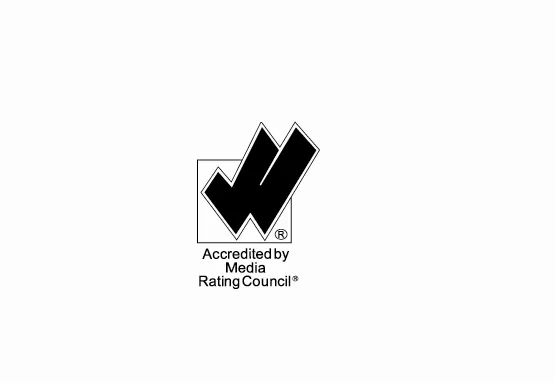

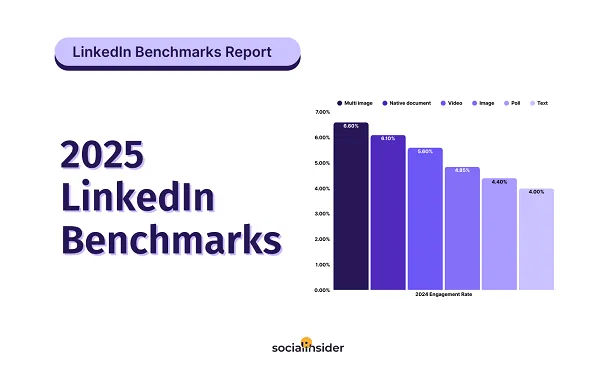
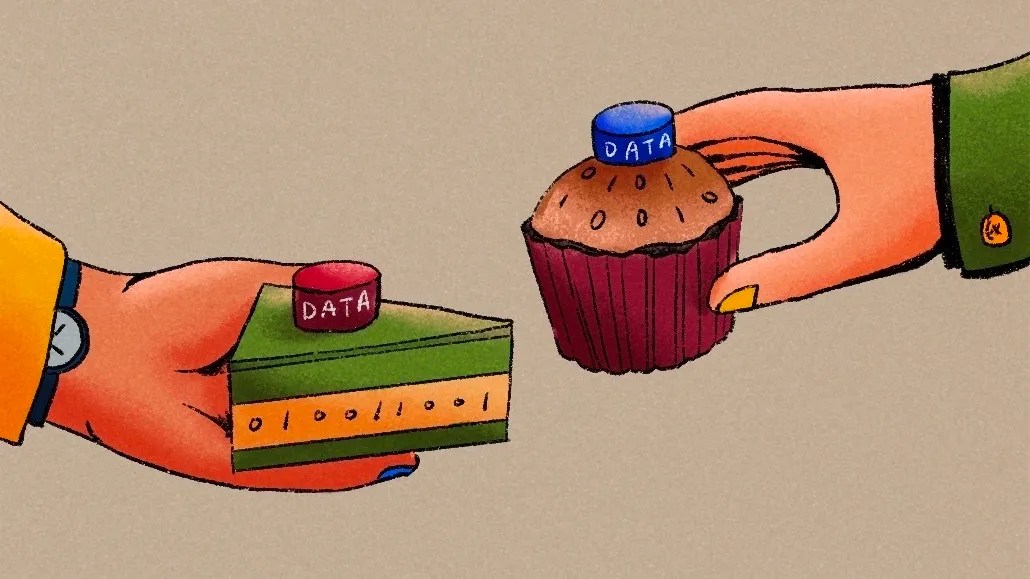


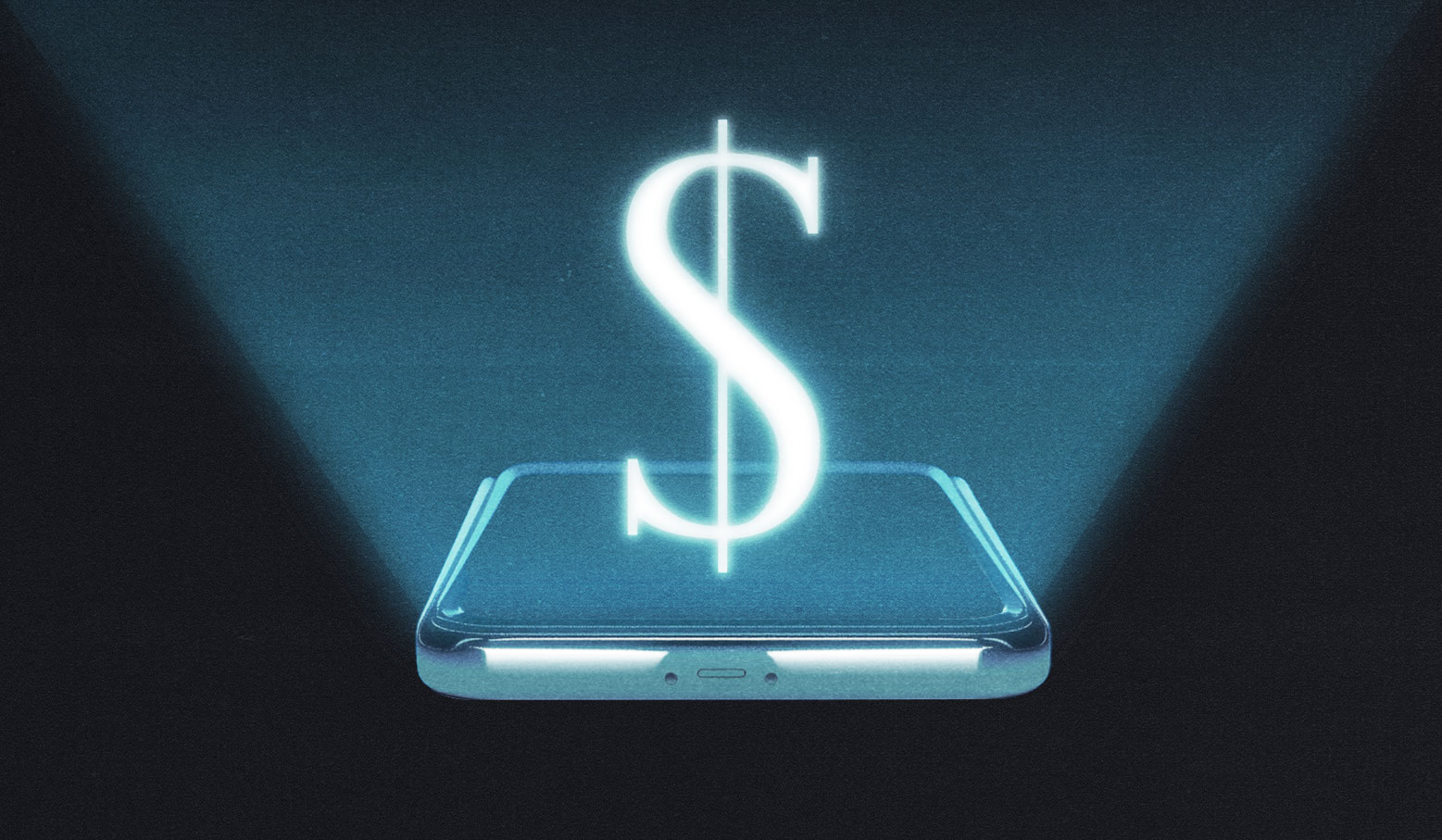














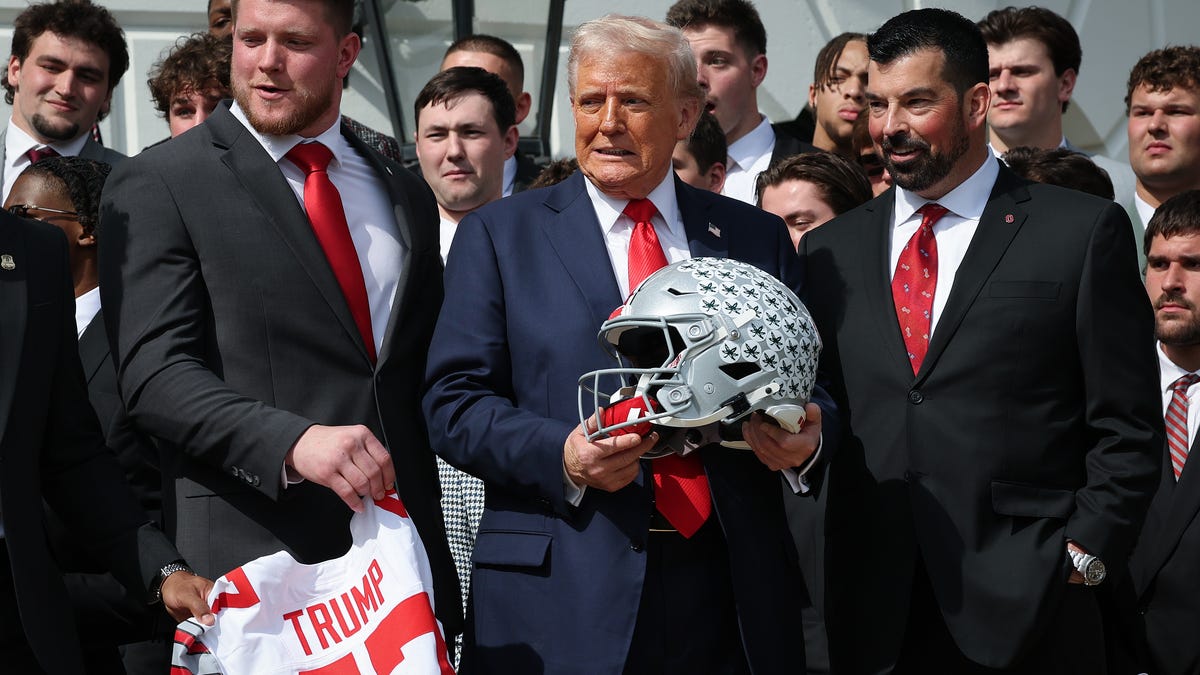









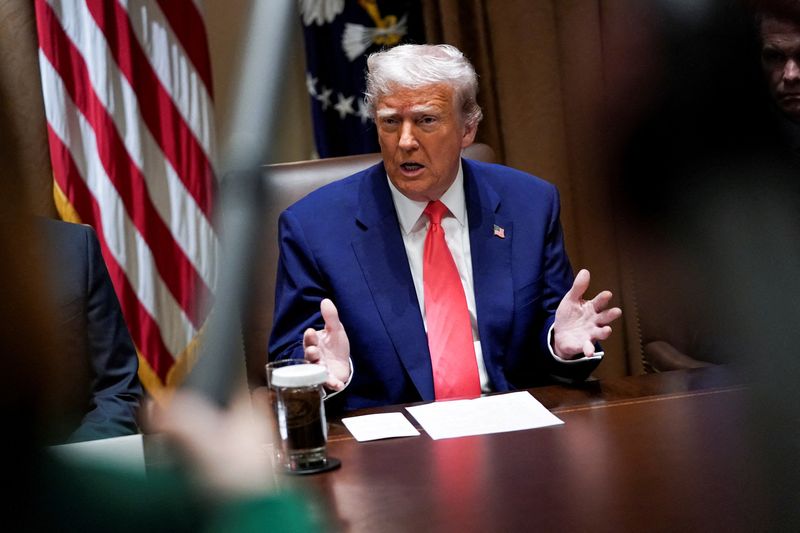






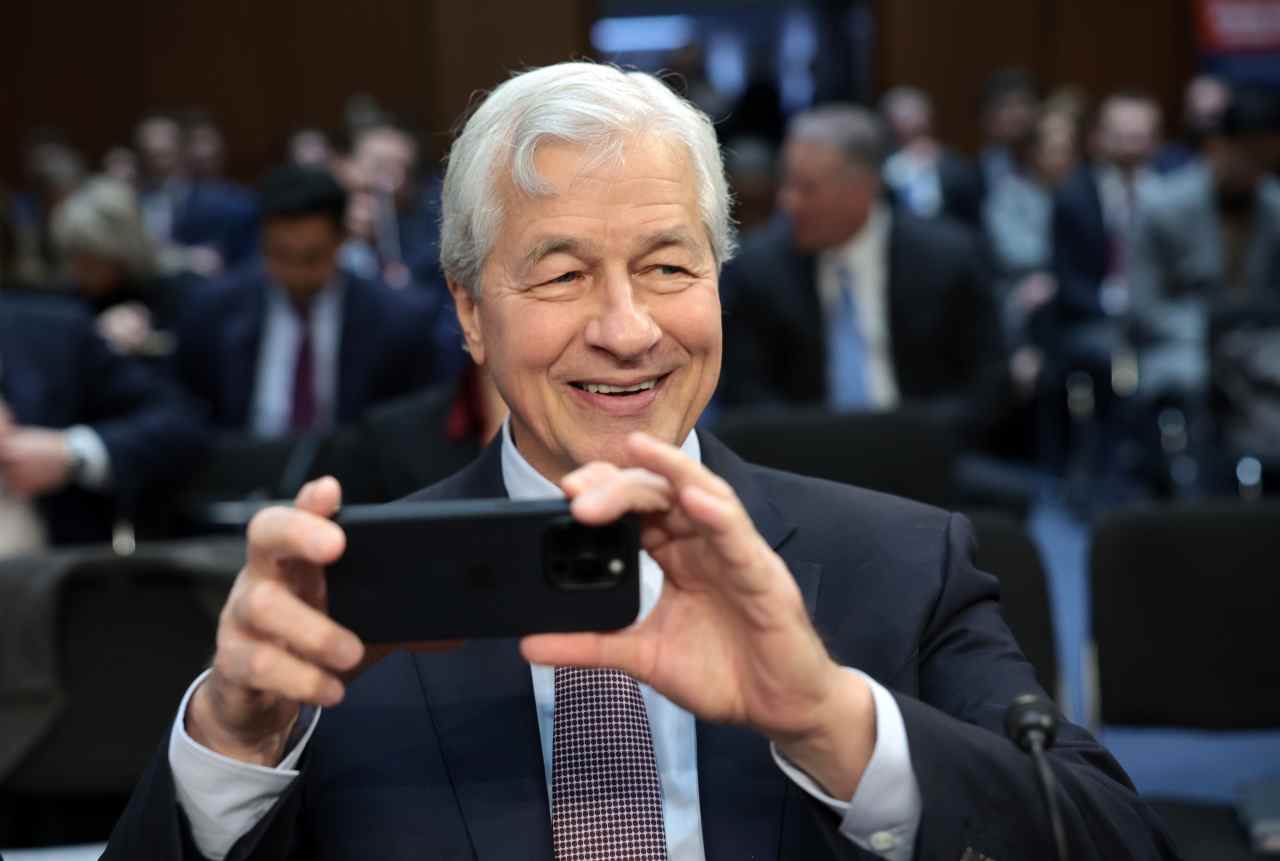
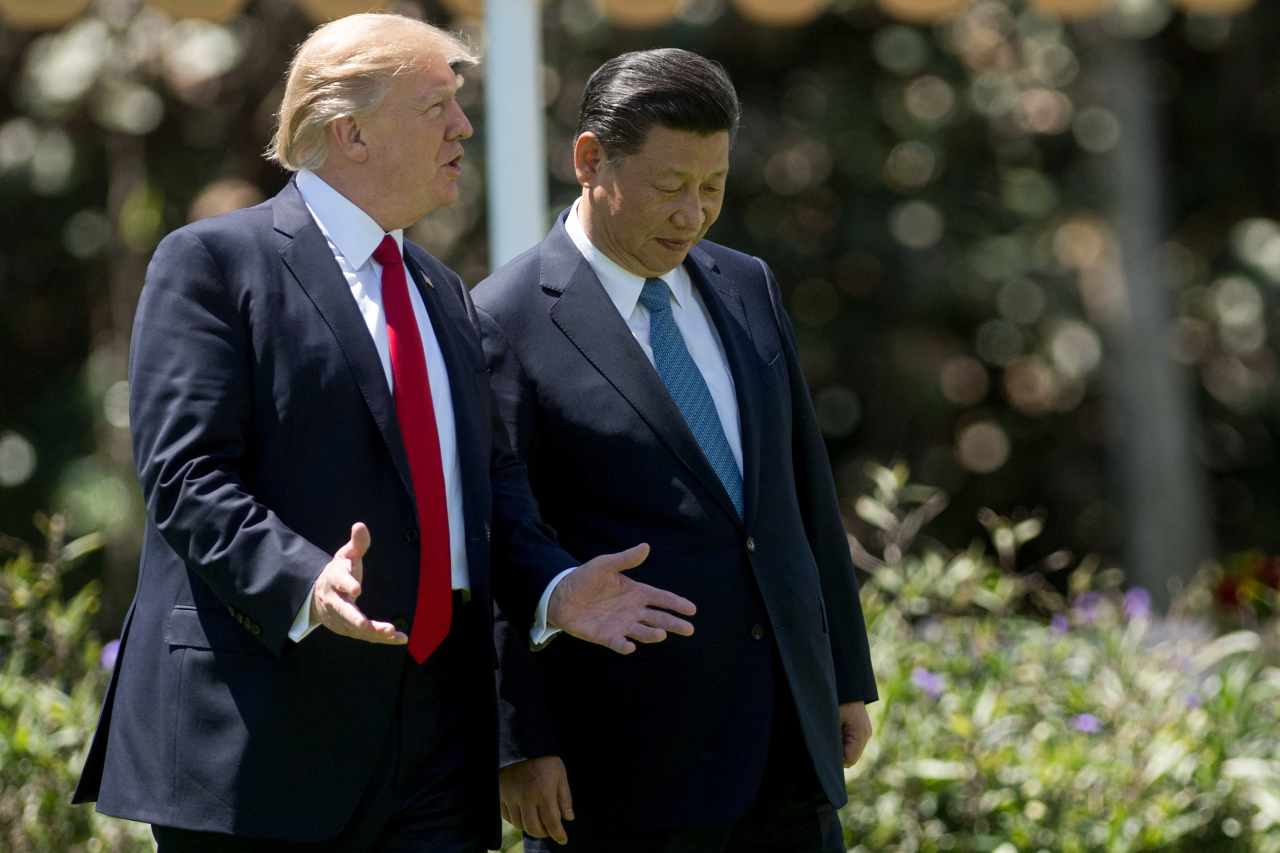

































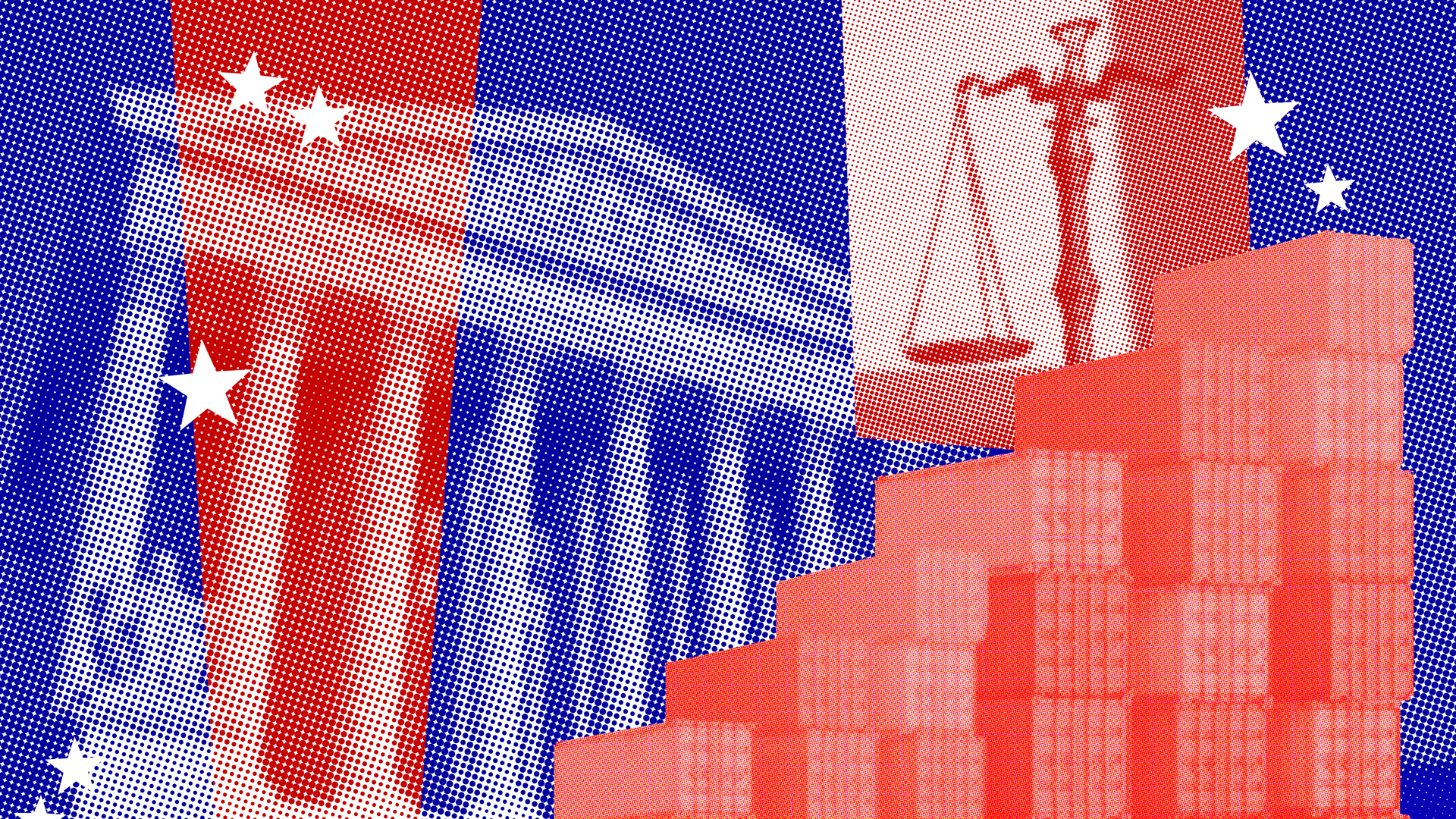


































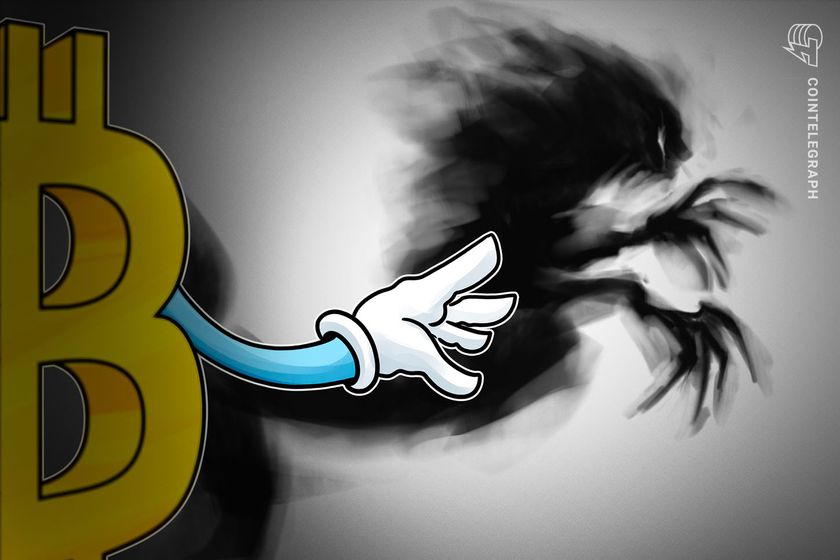

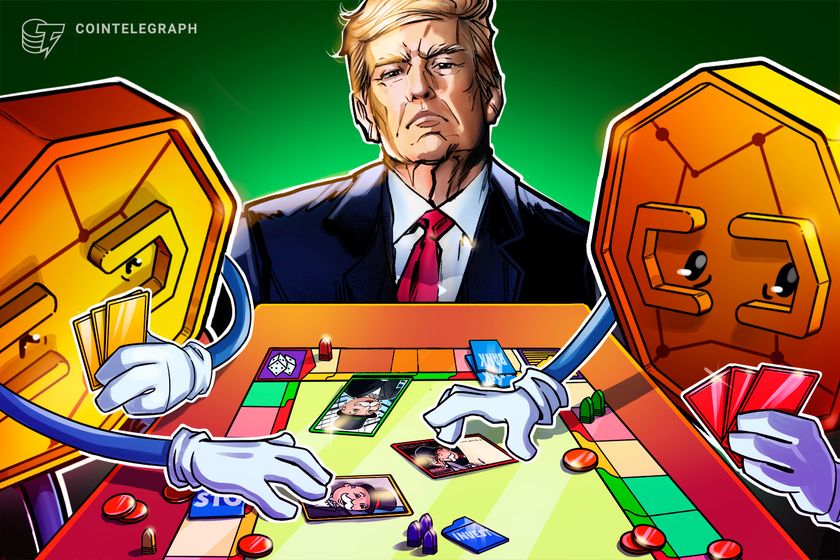



















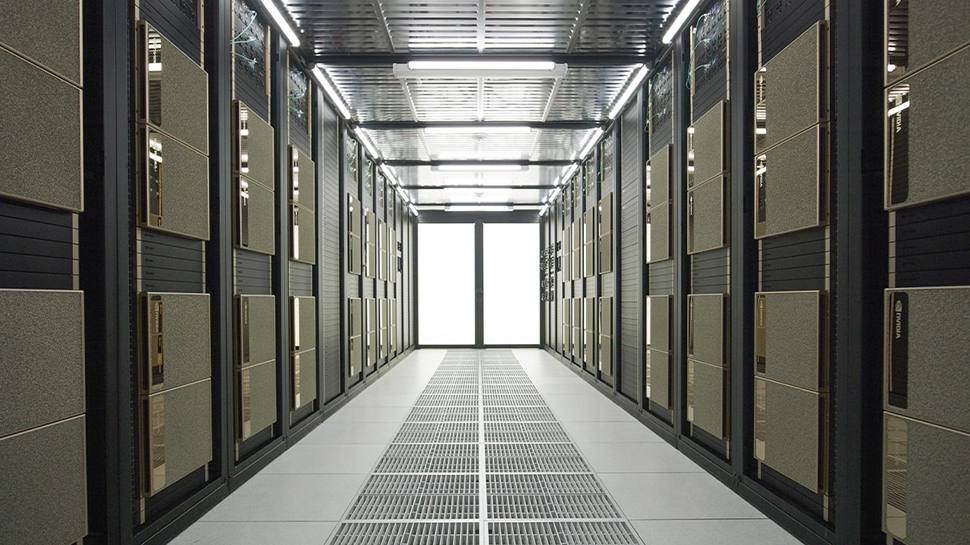






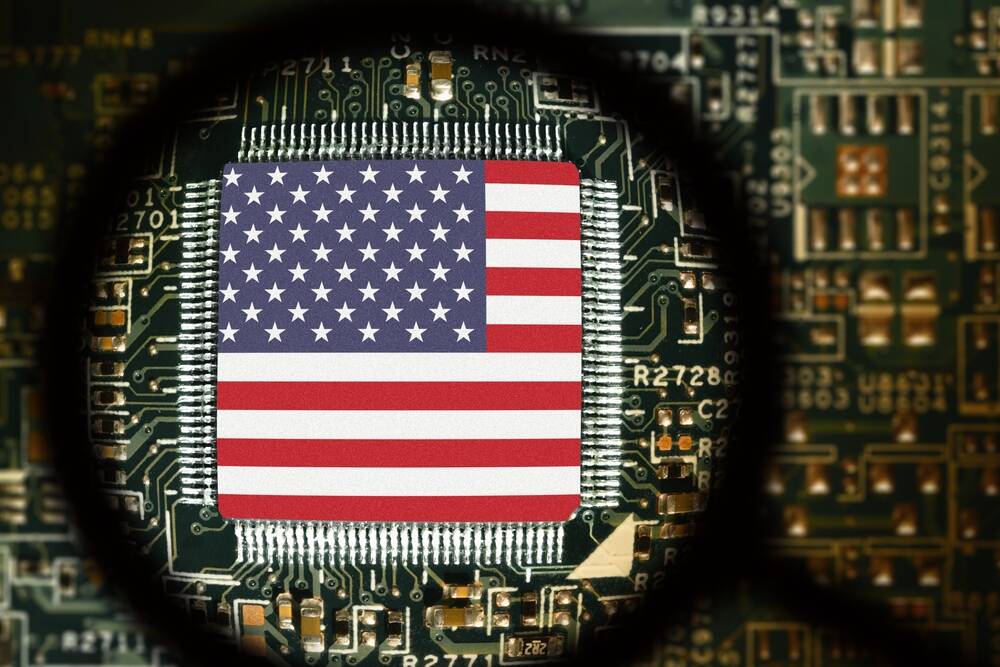
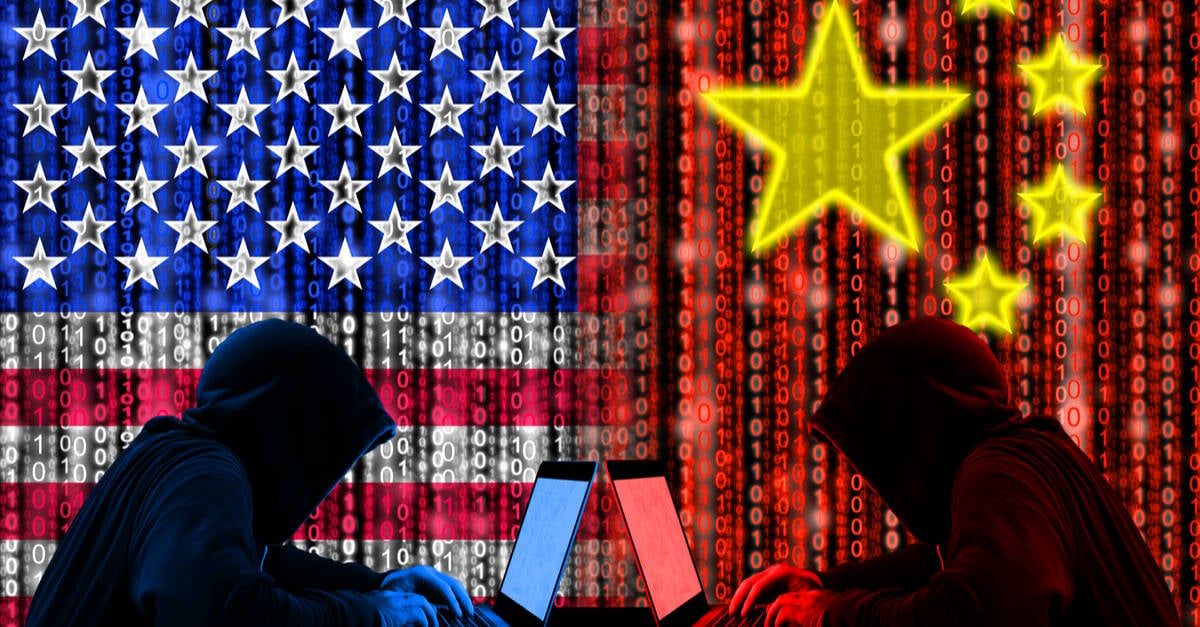





































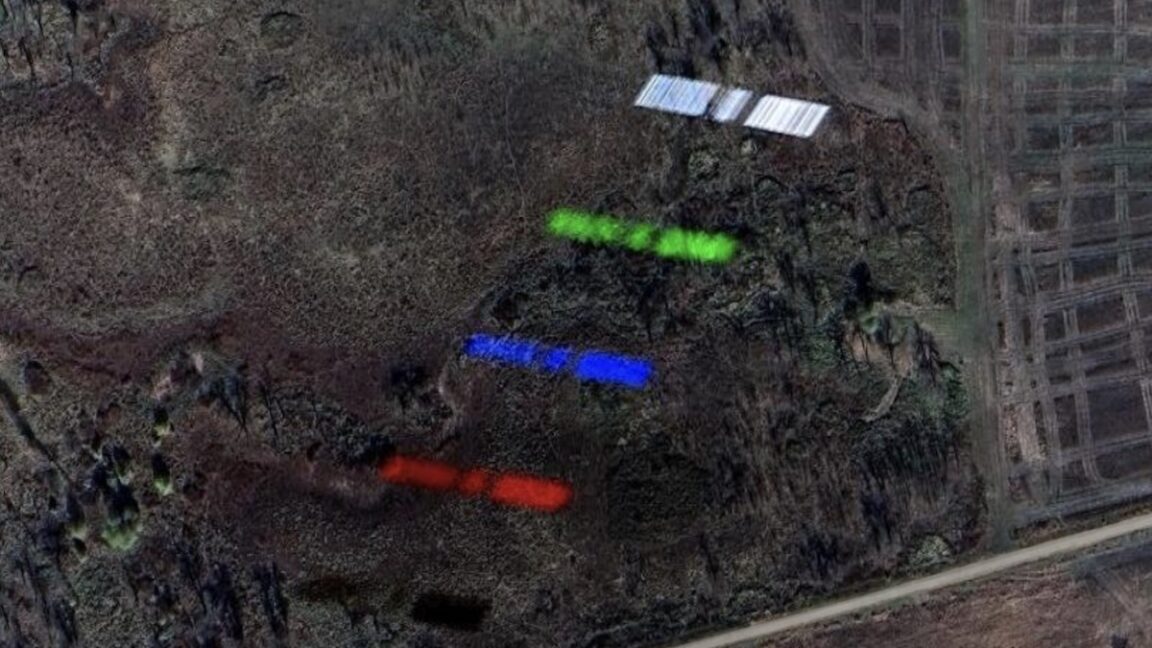

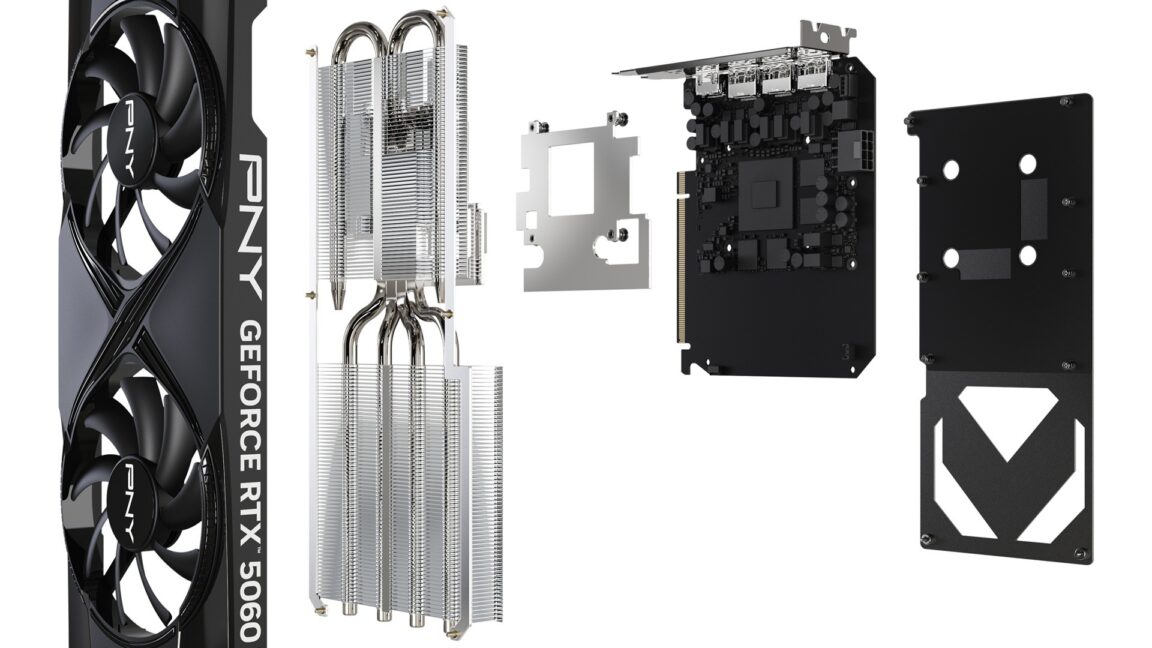
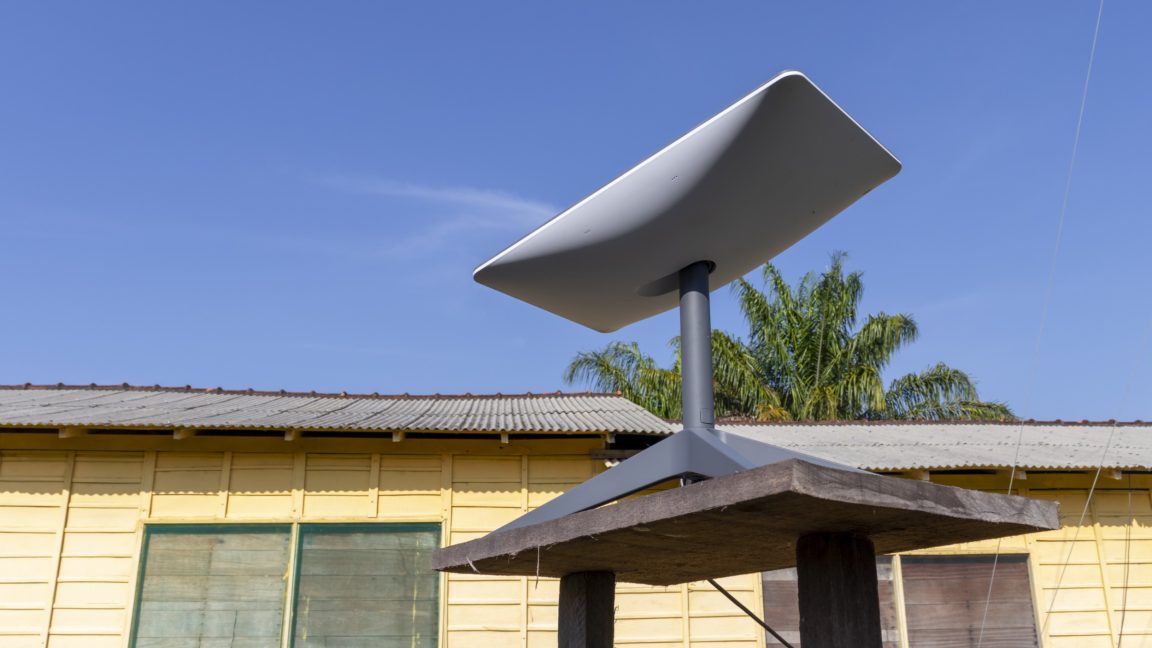




![How to Find Low-Competition Keywords with Semrush [Super Easy]](https://static.semrush.com/blog/uploads/media/73/62/7362f16fb9e460b6d58ccc09b4a048b6/how-to-find-low-competition-keywords-sm.png)



